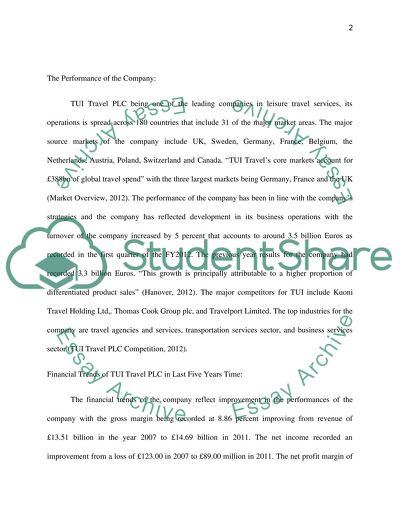Cite this document
(“TUI Travel International Money and Finance Essay”, n.d.)
TUI Travel International Money and Finance Essay. Retrieved from https://studentshare.org/finance-accounting/1402181-international-money-and-finance
TUI Travel International Money and Finance Essay. Retrieved from https://studentshare.org/finance-accounting/1402181-international-money-and-finance
(TUI Travel International Money and Finance Essay)
TUI Travel International Money and Finance Essay. https://studentshare.org/finance-accounting/1402181-international-money-and-finance.
TUI Travel International Money and Finance Essay. https://studentshare.org/finance-accounting/1402181-international-money-and-finance.
“TUI Travel International Money and Finance Essay”, n.d. https://studentshare.org/finance-accounting/1402181-international-money-and-finance.


